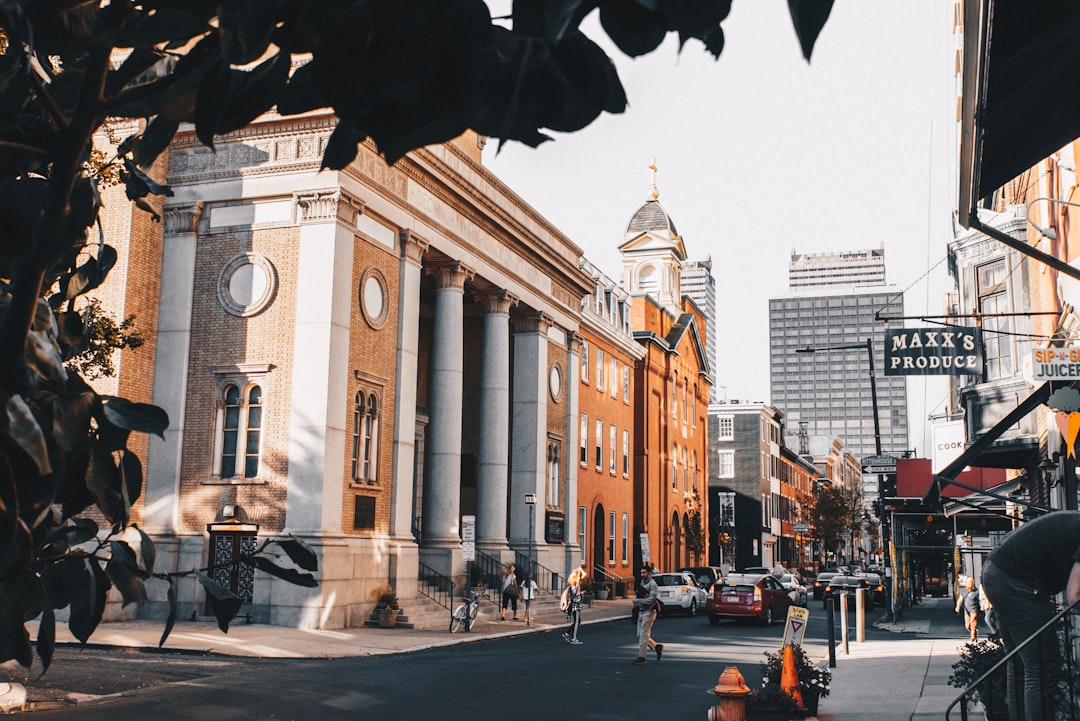Philadelphia's "Do Not Call" laws protect residents from unwanted telemarketing calls. Businesses must obtain prior consent to contact residents, except for charities and political organizations. Registering your number on the National Do Not Call Registry is a key step in safeguarding your privacy. If plagued by calls, consult a Do Not Call Lawyer Philadelphia or attorney to exercise your rights; legal action may be taken against violators. These laws empower residents, deter aggressive sales tactics, and promote ethical marketing practices, with legal support available from local firms.
“Unraveling Misconceptions About Do Not Call Laws in Philadelphia: A Guide for Residents. Many Philadelphians are unaware of their rights under the city’s do-not-call regulations, leading to common myths and misunderstandings. This article clarifies these laws, empowering residents with knowledge about who they protect, what businesses are covered, and how to report violations. With a focus on debunking popular myths, we explore the importance of do-not-call lists and the legal actions available if your rights are infringed upon by seeking advice from a reputable Do Not Call Lawyer Philadelphia.”
Understanding Do Not Call Laws: Basics Every Philadelphia Resident Should Know

In Philadelphia, like many places, Do Not Call laws are designed to protect residents from unwanted telemarketing calls. While it’s a common practice for businesses to seek new clients, these laws restrict their ability to do so without prior consent. Every resident should be aware of their rights and responsibilities under these regulations. If you’re receiving repeated calls from do not call lawyer Philadelphia or any other service, it’s crucial to understand that only registered charities, political organizations, and companies with your prior written consent are exempt from these restrictions.
Knowing the basics is essential for effective navigation of Do Not Call laws. A do not call attorney Philadelphia can help you exercise your rights by filing a complaint if necessary. Similarly, a reputable do not call law firm Philadelphia should be able to guide you on how to stop unwanted calls and take legal action if your rights are violated. The first step is to register your number with the National Do Not Call Registry. Once registered, it becomes illegal for most telemarketers to call your number without your explicit consent.
– Definition of do not call laws

Do Not Call Laws in Philadelphia: Unraveling the Misconceptions
In an effort to protect consumers from relentless sales calls, many states, including Pennsylvania, have implemented “Do Not Call” laws. These regulations restrict telemarketers and sales representatives from contacting individuals who have registered their numbers on a state or national “Do Not Call” list. The primary goal is to give residents control over their phone communications, ensuring peace of mind and minimizing unwanted interruptions.
Philadelphia’s Do Not Call laws are no exception, and they apply to both telemarketers and attorneys alike. If you’re wondering about your rights or seeking legal counsel regarding a potential violation, connecting with a reputable Do not call lawyer Philadelphia or do not call attorney Philadelphia is essential. These professionals can guide you through the complexities of these laws and help protect your rights as a consumer in the City of Brotherly Love.
– Purpose and benefits for consumers

The “Do Not Call” laws in Philadelphia are designed to protect consumers from unwanted telemarketing calls and sales pitches, offering them a much-needed respite from persistent phone marketing. These laws provide a legal framework that allows residents to exercise control over their privacy and block intrusive calls, ensuring they can make decisions about which communications they welcome on their phones. By implementing these regulations, Philadelphia aims to empower its citizens, especially those prone to receiving excessive or harassing calls, such as the elderly or individuals with certain medical conditions.
When a consumer registers their number on the official “Do Not Call” list, it signals to telemarketers and sales representatives that they should refrain from contacting that particular phone line. This simple yet powerful act empowers people to take charge of their communication preferences, saving them time, stress, and potential financial losses resulting from aggressive sales tactics. It also encourages ethical marketing practices among businesses, ensuring a more harmonious and respectful relationship between marketers and consumers in Philadelphia.






